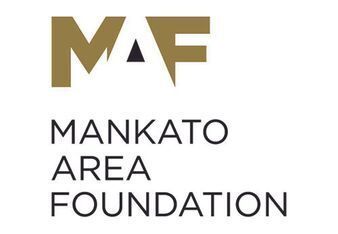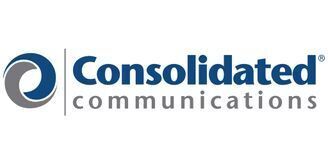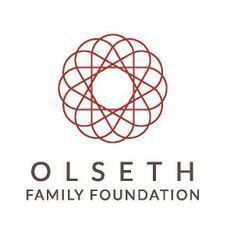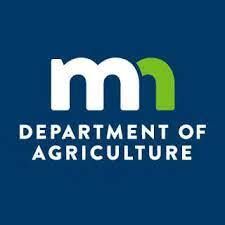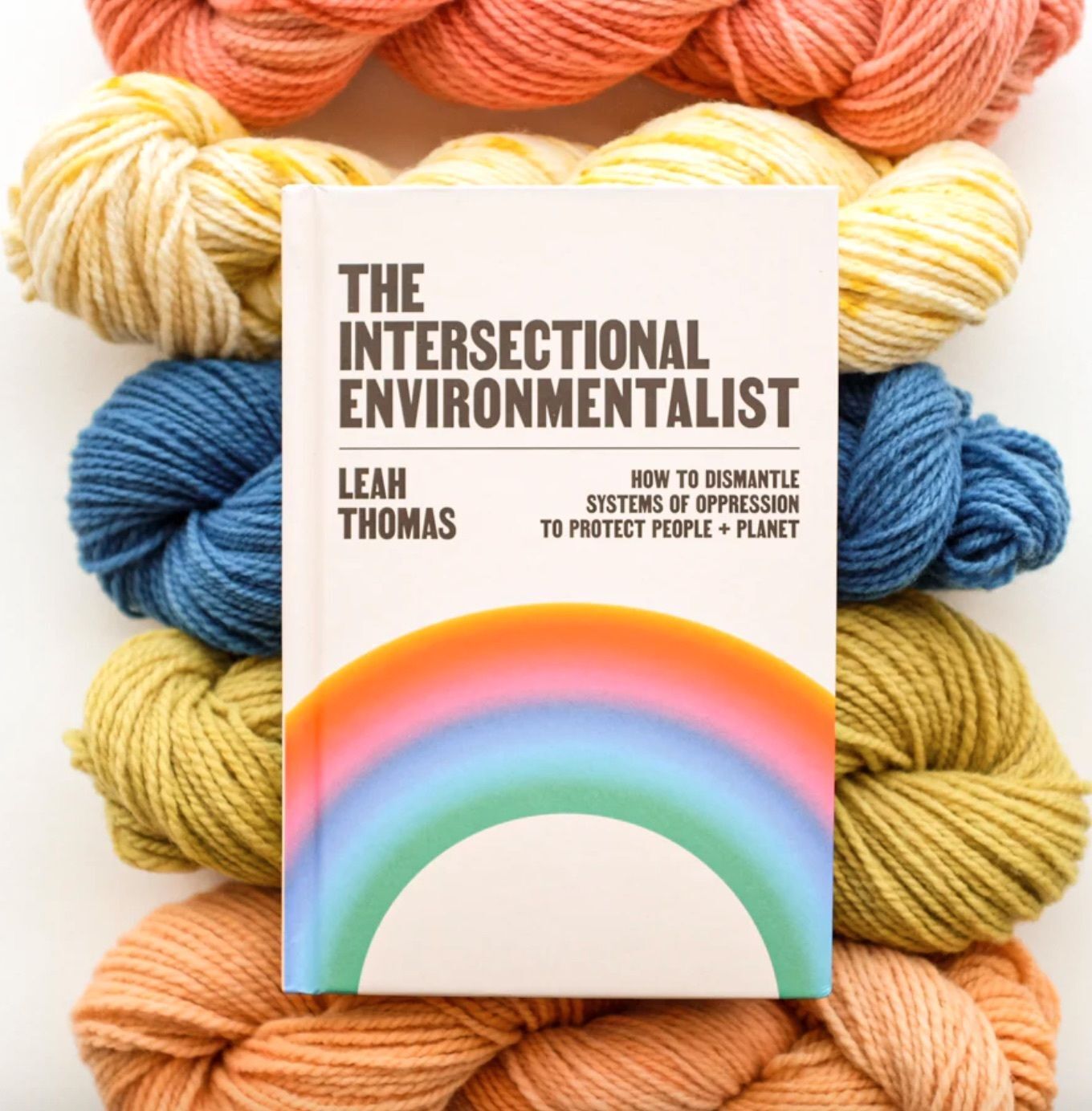
If you are asking yourself, “what *exactly* is Intersectional Environmentalism?” You are not alone. Author and educator, Leah Thomas, who coined the phrase “Intersectional Environmentalism” (IE) has your back in this thoughtful and eye-opening book.
Straight from the back cover: “The Intersectional Environmentalist is an introduction to the intersection of environmentalism, racism, and privilege, and an acknowledgement of the fundamental truth that we cannot save the planet without uplifting the voices of its people.”
When many of us think of traditional environmentalism, we think of saving the planet – nature and endangered animals. We don’t often include humans in the definition. Thomas reminds us that we humans are part of the environment. “We should care about the protection of people as much as we care about the planet,” she writes, “to me, these fights are the same. As a society we often forget that humans are a part of our global ecosystem and that we don’t exist separately from nature; we coexist with it each and every day.”
When stated this plainly it seems obvious, but it can become much more complicated out in the real world. One example Thomas gives is lithium mining in South America. Lithium is a key component in the batteries needed for electric cars, which are touted as a good and necessary thing by traditional environmentalists. But when looking though an IE lens, the situation is not so cut and dry.
Approximately 70% of the world’s lithium exists within Indigenous lands in South America, primarily Argentina, Bolivia, and Chile. The mining process is depleting the water table and degradating the overall the overall quality of the water. “In addition to the environmental concerns, corporations aren’t investing enough funds and resources in the surrounding communities… a Canadian-Chilean lithium mining project expected to generate upwards of $250 million per year in sales, paid the surrounding Indigenous communities only $9,000 to $60,000 a year each.”
By supporting the efforts of the Native South American tribes, we are also advocating for safer mining practices, more equitable business policies, and improvement of the overall health of our planet.
Thomas does a good job of breaking down the theory behind IE and making it feel accessible to everyone. In Chapter 3: Unpacking Privilege, she gently, but firmly, walks mainstream white environmentalists (full disclosure: this would include myself) through the process of recognizing privilege, acknowledging it, and then how to use that privilege to benefit others.
Thomas opens the chapter by stating that, “While conversations about privilege aren’t always welcome, even in environmental spaces, the alternative – denial, defensiveness, or dismissiveness – can further perpetuate harm and make it more difficult to undo unjust policies that disproportionately impact people based on their race, socioeconomic status, location, or other aspects of identity.”
There is a section entitled “Does Having Privilege Make You a Bad Person?” Where Thomas explains why these difficult conversations are important. “Recognizing privilege isn’t meant to shame you, make you feel bad, or suggest that you’ve had an easy life. However, the process allows the veil of denial to be lifted in order to reveal a pathway toward more understanding, empathy, and equity. Understanding privilege isn’t cut-and-dried… Having privilege doesn’t make you a bad person; it’s what you do with it and how you acknowledge it that matters.”
The end of the book contains a Tool Kit with, “further resources from activists around the world to help you take action, deepen your understanding of IE, and continue on your environmental journey.” The section includes Q&As with global environmentalists and suggested reading, video, and podcast lists.
This book opened my eyes to a new way to frame my thinking about environmental activism, the role I played in the past, and the one that I want to play as we move into the future. It reads like an honest and open conversation, taking on big issues in a straightforward manner that doesn’t pull any punches, but also refuses to go for the gut punch. If you want to “Dismantle Systems of Oppression to Protect People + Planet” I highly recommend picking up this book.





